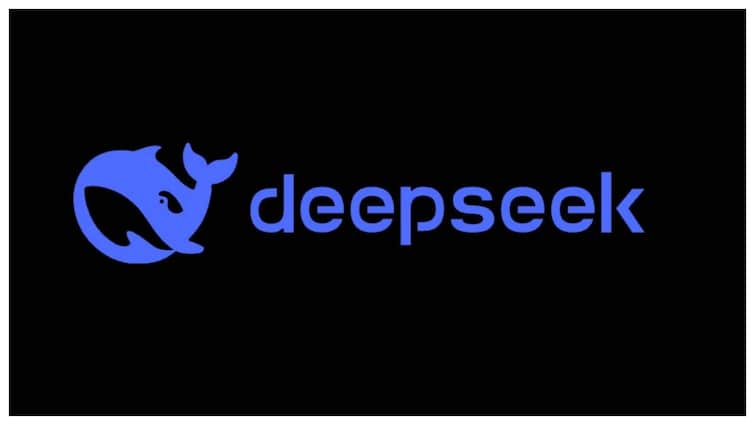Finding new medicines usually takes many years and often ends in failure. But Demis Hassabis, the Nobel Prize-winning head of Alphabet’s AI arm DeepMind, thinks this can change with artificial intelligence. He said drug discovery may soon take months instead of years. This could mean patients get new treatments faster and at lower costs, as reported by Bloomberg.
Hassabis, who also leads Alphabet’s Isomorphic Labs, said the tools built by DeepMind are now ready to move from research into real medical use.
AI Could Cut Time From Years To Months
Hassabis runs Google DeepMind and also leads Isomorphic Labs, a drug discovery division created in 2021. Since its launch, Isomorphic Labs has signed deals with Eli Lilly & Co. and Novartis AG.
Bloomberg reported that the company is using AlphaFold, an AI tool that predicts protein behaviour, to help design new drugs. Hassabis and fellow scientist John Jumper won the 2024 Nobel Prize in chemistry for their work on this technology.
The company is now developing a more advanced version of AlphaFold that can study more than just protein interactions. Earlier this year, Isomorphic Labs raised $600 million, led by Thrive Capital and is now valued at over $100 billion, according to Hassabis.
The lab is working on treatments for cancer and immune system disorders, with early results showing “good progress.”
First Steps And What’s Next
Even though AI has shown promise in analysing complex molecular data, no AI-designed drug has yet completed a successful clinical trial. Hassabis earlier said clinical testing could begin by the end of this year, but the timeline remains unclear. “It’s a bit early to say,” he admitted.
Rebecca Paul, director of medicinal drug design at Isomorphic Labs, added that AI could eventually turn many cancers into treatable chronic illnesses. While the timing is uncertain, she said the progress so far is encouraging.



